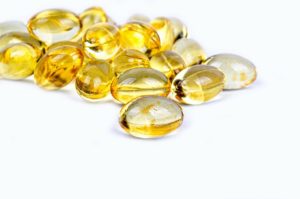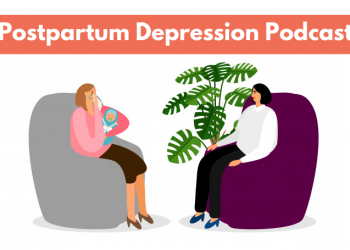This supplement can help regulate blood sugar

Yes, we are talking about Vitamin D! A recent study analyzed 24 controlled trials and showed that taking 4,000 IU of vitamin D daily helped lower blood sugar and improve insulin sensitivity in type 2 diabetics.
Although the sun is the most common source of vitamin D for millions of people, many of us simply don’t spend enough time in the sun and need other sources.
But how much is 4,000 International Units anyway? Recommended dosages can vary, with the Institute of Medicine’s Food and Nutrition Board recommending 600 IU/day, and the Vitamin D Council recommending 5,000 IU/day. These levels are challenging to reach through diet alone, and one should consider taking multivitamins to make up the difference.
As always, talk to your doctor and get medical advice from a trusted professional.
The Research
J Clin Endocrinol Metab. 2017 Sep 1;102(9):3097-3110. doi: 10.1210/jc.2017-01024.
The Effect of Improved Serum 25-Hydroxyvitamin D Status on Glycemic Control in Diabetic Patients: A Meta-Analysis.
Mirhosseini N1, Vatanparast H2, Mazidi M3,4, Kimball SM1,5.
1 Pure North S’Energy Foundation, Calgary, Alberta T2R 0C5, Canada.
2 College of Pharmacy and Nutrition, University of Saskatchewan, Saskatoon, Saskatchewan S7N 5A2, Canada.
3 Key State Laboratory of Molecular Developmental Biology, Institute of Genetics and Developmental Biology, Chinese Academy of Sciences, Beijing 100101, China.
4 Institute of Genetics and Developmental Biology, International College, University of Chinese Academy of Sciences, Beijing 100101, China.
5 St. Mary’s University, Calgary, Alberta T2X 1Z4, Canada.
Abstract
Background:
Type 2 diabetes is a global health concern, with an increased prevalence and high cost of treatment.
Objective:
The aim of this systematic review and meta-analysis was to determine the effect of vitamin D supplementation and improved vitamin D status on glycemia and insulin resistance in type 2 diabetic patients.
Data Source:
We searched PUBMED/Medline, Cumulative Index to Nursing and Allied Health, and Cochrane Library (until January 2017).
Study Selection:
Prospective clinical trials were selected evaluating the impact of vitamin D supplementation on glycosylated hemoglobin (HbA1c), serum fasting plasma glucose (FPG), and homeostatic model assessment of insulin resistance (HOMA-IR) in diabetic patients.
Data Extraction and Synthesis:
We used a random-effects model to synthesize quantitative data, followed by a leave-one-out method for sensitivity analysis. The systematic review registration was CRD42017059555. From a total of 844 entries identified via literature search, 24 controlled trials (1528 individuals diagnosed with type 2 diabetes) were included. The meta-analysis indicated a significant reduction in HbA1c [mean difference: -0.30%; 95% confidence interval (CI): -0.45 to -0.15, P < 0.001], FPG [mean difference: -4.9 mg/dL (-0.27 mmol/L); 95% CI: -8.1 to -1.6 (-0.45 to -0.09 mmol/L), P = 0.003], and HOMA-IR (mean difference: -0.66; 95% CI: -1.06 to -0.26, P = 0.001) following vitamin D supplementation and significant increase in serum 25-hydroxyvitamin D levels [overall increase of 17 ± 2.4 ng/mL (42 ± 6 nmol/L)].
Conclusions:
Vitamin D supplementation, a minimum dose of 100 µg/d (4000 IU/d), may significantly reduce serum FPG, HbA1c, and HOMA-IR index, and helps to control glycemic response and improve insulin sensitivity in type 2 diabetic patients.











